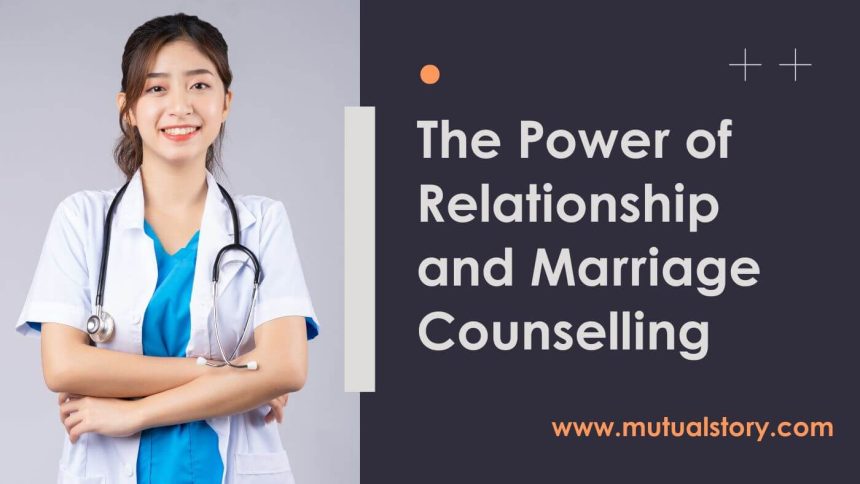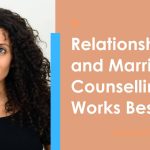The Power of Relationship and Marriage Counselling
In the intricate dance of human connection, relationship dynamics often evolve in unpredictable ways.
What starts as a harmonious union may encounter turbulence as life’s challenges unfold.
Whether it’s emotional disconnect, unresolved conflicts, or external stressors, couples often find themselves struggling to maintain the initial spark.
This is where marriage and relationship counselling step in as transformative tools, helping partners rediscover intimacy, improve communication, and foster a resilient bond.

Understanding Relationship and Marriage Counselling
At its core, counselling is a structured, therapeutic process aimed at enhancing understanding and resolving conflicts.
It offers a safe space for partners to express their emotions, fears, and expectations without judgment.
Unlike casual discussions with friends or family, professional relationship and marriage counselling rely on scientifically backed techniques to guide couples toward healthier interactions.

The Common Challenges in a Relationship
Every relationship faces trials, but some challenges can erode even the strongest bonds if left unaddressed:
- Communication Breakdown – Misunderstandings, lack of active listening, or suppressing feelings can lead to resentment.
- Trust Issues – Infidelity, secrecy, or past betrayals can weaken the foundation of trust.
- Financial Disagreements – Clashes over spending habits, budgeting, or financial priorities can trigger conflicts.
- Intimacy Struggles – Emotional or physical detachment can create distance between partners.
- Differing Life Goals – Conflicting aspirations regarding career, family, or personal growth may lead to tension.
These issues, if ignored, can escalate and create irreparable damage.
Seeking counselling at the right time can prevent minor disagreements from turning into chronic problems.
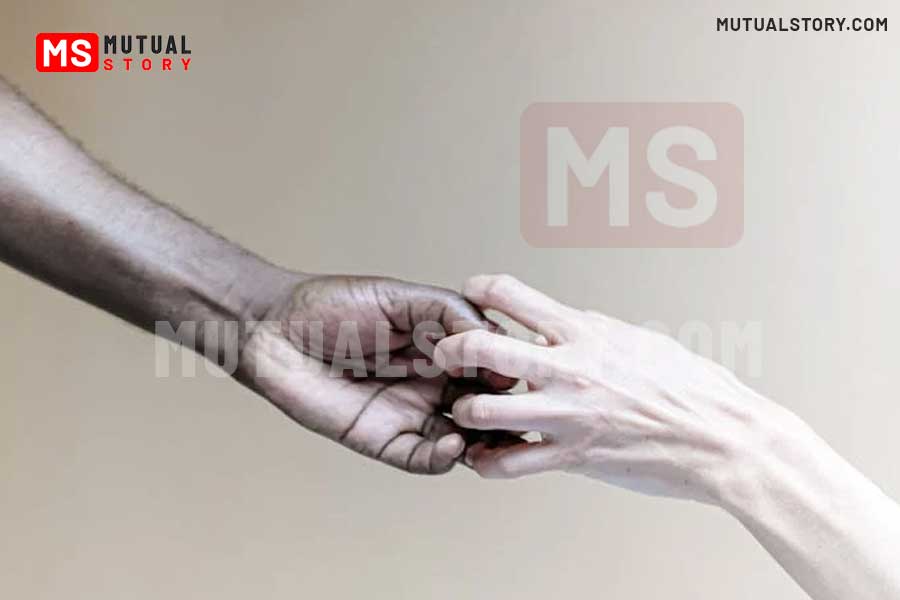
The Transformative Benefits of Counselling
1. Enhancing Communication
One of the most profound benefits of relationship and marriage counselling is improved communication. Many couples struggle with expressing their thoughts effectively, leading to frustration and misunderstanding.
Professional counselling equips couples with techniques such as active listening, conflict resolution strategies, and non-verbal communication awareness.
2. Rebuilding Trust
Trust, once broken, is challenging to restore.
Marriage counselling helps couples navigate the complex process of rebuilding trust by fostering transparency and accountability.
Therapists often use guided exercises to promote openness and honesty, enabling couples to heal and move forward.
3. Strengthening Emotional and Physical Intimacy
Emotional connection is the bedrock of any healthy relationship.
Over time, couples may feel emotionally or physically disconnected.
Counselling delves into understanding love languages, addressing unresolved emotional wounds, and reigniting passion through structured intimacy-building exercises.
4. Conflict Resolution Strategies
Disagreements are inevitable, but how they are handled determines the longevity of a relationship.
Marriage counselling introduces conflict resolution techniques that emphasize empathy, compromise, and constructive discussions rather than heated arguments.
5. Addressing Individual and Shared Goals
A successful relationship requires alignment in both individual and mutual aspirations.
Counselling helps couples establish realistic goals, identify shared values, and develop strategies to support each other’s ambitions without feeling neglected.

When Should You Consider Marriage Counselling?
Many couples assume that counselling is a last resort, but seeking professional guidance early can prevent deeper issues.
Here are some indicators that suggest it’s time for relationship counselling:
- Frequent and unresolved arguments
- Feeling emotionally disconnected from your partner
- A lack of intimacy or affection
- Persistent resentment or unresolved past conflicts
- Drastic changes in behavior or priorities
- Trust issues stemming from dishonesty or infidelity
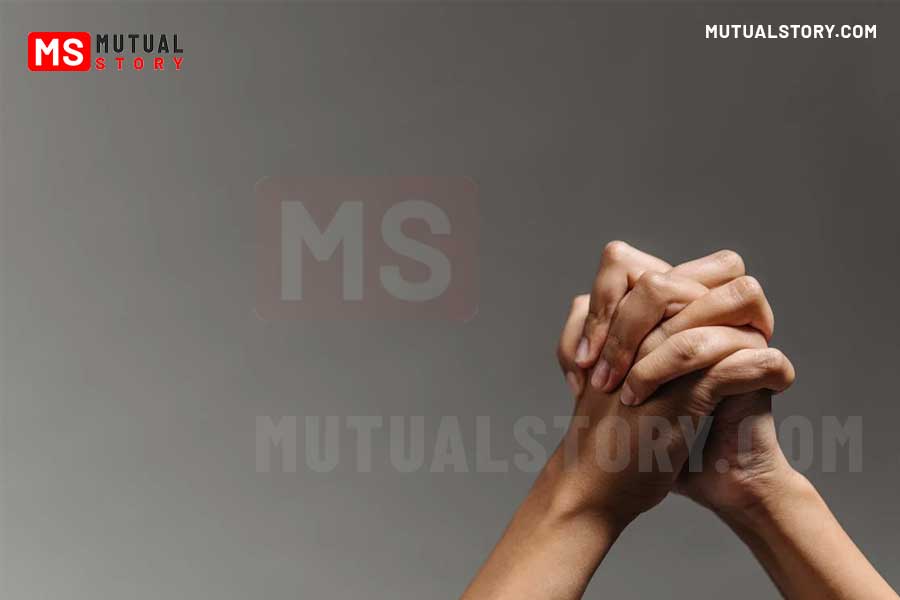
Overcoming the Stigma of Counselling
Despite its benefits, marriage counselling often carries a stigma, especially in societies where seeking help is perceived as a sign of weakness.
In reality, acknowledging the need for guidance is an act of strength and commitment.
Many successful relationships thrive not because they are free of conflict, but because the partners are willing to work through their challenges with professional support.
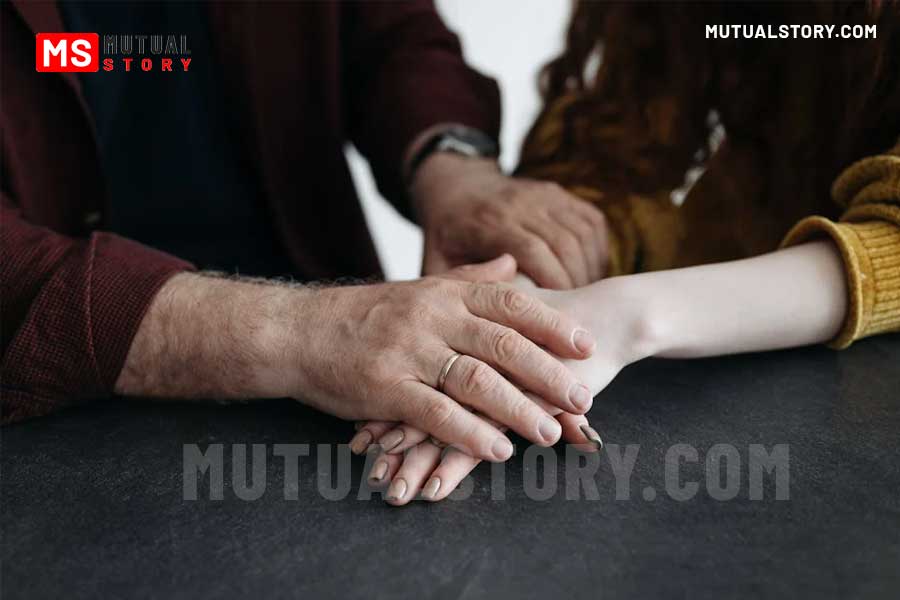
Choosing the Right Counsellor
Finding a skilled therapist is crucial for effective counselling. Consider the following factors when selecting a marriage or relationship counsellor:
- Qualifications and Experience – Ensure they have credentials in couples therapy or related fields.
- Approach and Methods – Look for therapists specializing in evidence-based techniques such as Cognitive Behavioral Therapy (CBT), Emotionally Focused Therapy (EFT), or the Gottman Method.
- Comfort Level – A good counsellor fosters a non-judgmental and empathetic environment where both partners feel safe.







